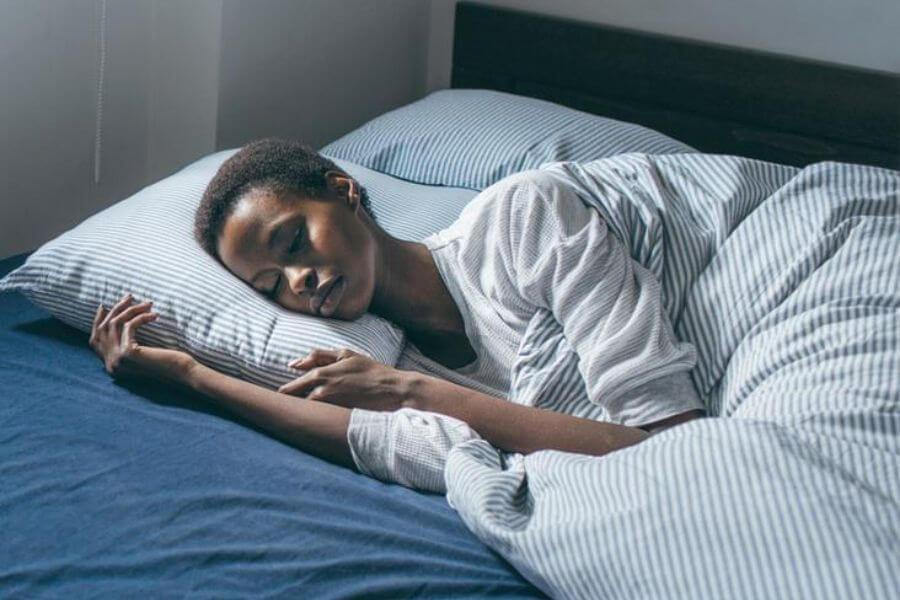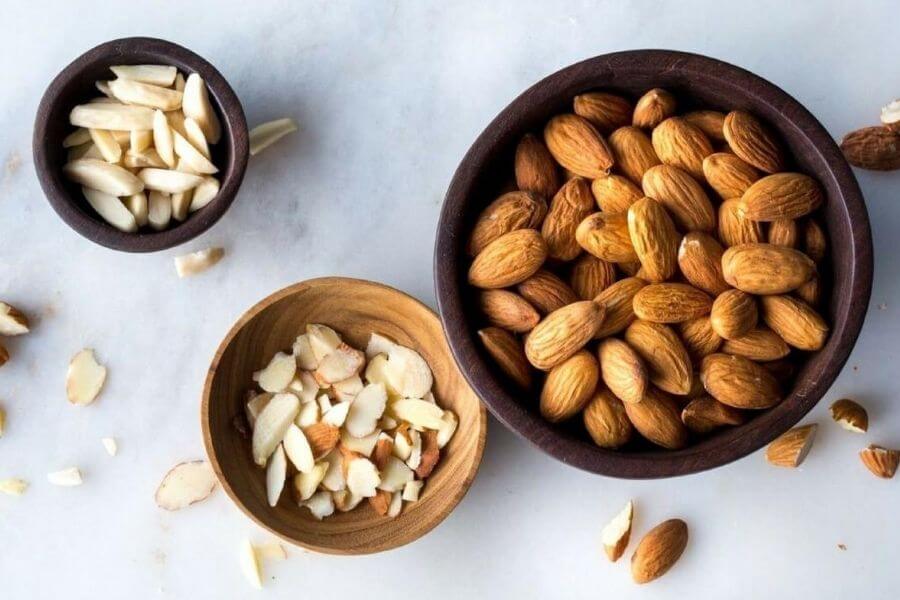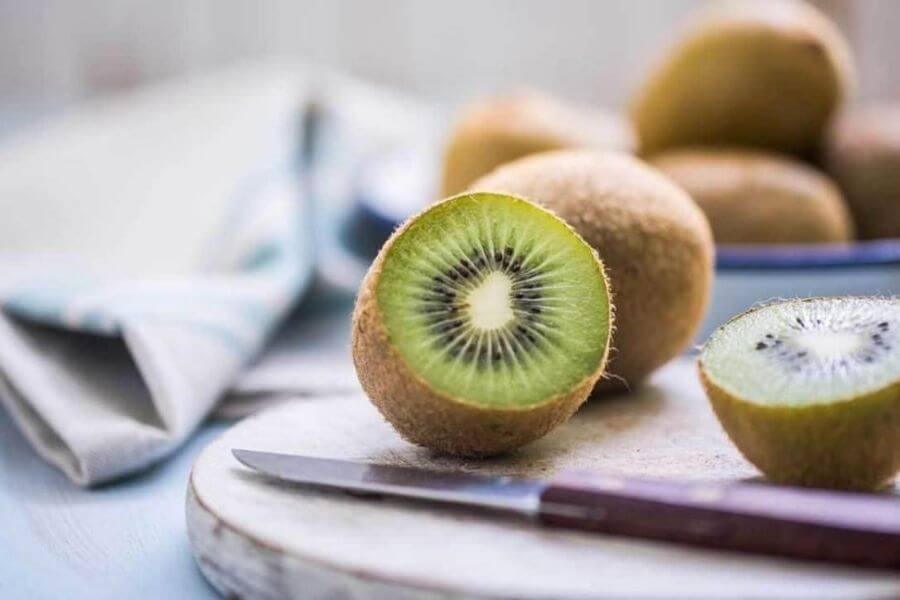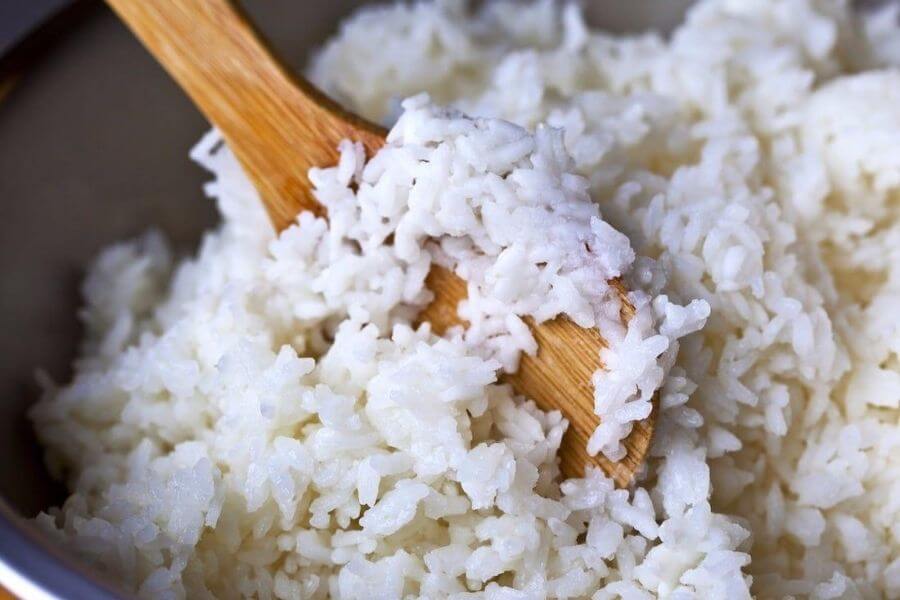A good laugh and a long sleep are the best cures in the Doctors book – By, Irish.
Sleep is a naturally occurring state of the mind and body, characterized by altered consciousness, relatively inhibited sensory activity, reduced muscle activity, and the inhibition of nearly all voluntary muscles during rapid eye movement (REM) sleep and reduced interactions with surroundings.
While we sleep, most of the body’s systems are in an anabolic state, helping to restore the immune system, skeletal and muscular systems. These are vital processes that maintain mood, cognitive memory function, and play a significant role in the service of the endocrine and immune system.
The Indian Circadian clock promotes sleep daily at night.
Duration Of Sleep

Human sleep varies by age and amongst individuals. Sleep is considered to be adequate when there is no sleepiness in the daytime or dysfunction.
Researchers have found that sleeping 6 – 7 hrs each night correlates with longevity and cardiac health in humans, though many underlying factors may be involved in the reality behind this relationship.
Hours Of Sleep Required For Each Group
| Age & condition | Sleep Mode |
| Newborns (0 – 3 months) | 14 to 17 hrs |
| Infants (4 – 11 months) | 12 to 15 hrs |
| Toddlers (1 – 2 yrs) | 11 to 14 hrs |
| Preschoolers (3 – 4 yrs) | 10 to 13 hrs |
| School-aged children (6 – 12 yrs) | 9 to 11 hrs |
| Teenagers (13 – 17 yrs) | 8 to 10 hrs |
| Adults (18 – 64 yrs) | 7 to 9 hrs |
| Older adults 65 yrs & above | 7 to 8 hrs |
Functions Of Sleep
1. Restoration

Studies suggest that sleep deprivation might impair the body’s ability to heal wounds.
The human organism physically restores itself during sleep while healing itself and removing metabolic wastes that build up during periods of activity throughout the day. This process of restoration takes place mostly during slow-wave sleep, when the body temperature, heart rate, and brain oxygen consumption decrease.
2. Memory Processing

It is widely accepted that sleep must support the formation of long term memory and generally increasing previous learning and experiences result. Reactivation of memory also occurs during wakefulness. Its function is linked with serving to update the reactivated memory to newly encoded information, whereas reactivations.
3. Dreaming

During sleep, people tend to have dreams: an elusive first-person experience, which seems realistic while in progress, despite their frequently bizarre qualities. Dreams can seamlessly incorporate elements within a person’s mind that would not normally together. They can include apparent sensations of all types, especially vision and movement.
John Allan Hobson and Robert MC Carley propose that dreams are caused by the random firing of neurons in the cerebral cortex during the sleep period.
Diet That Can Help Induce Sleep
I can’t sleep well when I know the food is feeling cold in the fridge. Yes, very true I was laughing when I was writing because I too have a sweet tooth. Dietary habits and patterns, of course, affect your sleep.
A study of the 2016 review indicated that a high carbohydrate diet and a longer duration of sleep than a high-fat diet.
A 2012 study indicated that mixed micronutrients & macronutrients are needed to promote quality of sleep. A varied diet containing fresh, seasonal fruits, and vegetable food rich in low saturated fat, whole grains.
Include These Foods For A Proper Sleep
1. Almonds

Almonds contain MUFA, fiber, and antioxidants. It is an excellent source of phosphorous 14% of daily needs, 32% Manganese, 17% Riboflavin.
It has been claimed that almonds may help boost sleep quality. Magnesium’s role in promoting sleep is thought to be due to its ability to reduce inflammation.
2. Turkey
It is high in protein that provides 4 gms per 28 gms. Include turkey in your diet as protein keeps your muscle strong and regulates your appetite.
3. Chamomile Tea

It is a popular herbal tea with a variety of health benefits. It is known for its flavones content, a class of antioxidants. It contains apigenin, an antioxidant which binds to certain receptors in your brain that may promote sleepiness and reduce insomnia
4. Kiwi

Kiwi is a low calorie and very nutritious fruit. Include kiwi in your daily needs to attain Vitamin C and Vitamin K. It contains a decent amount of folate and potassium, as well as trace elements, which help in reducing inflammation and lower your cholesterol.
The sleep-promoting effects of kiwi are thought to be due to their content of serotonin, which helps regulates sleep. Antioxidants and Vitamin C are partly responsible for sleep. Kiwi before bed may help you fall asleep faster & stay asleep for longer
5. Cherry Juice

It contains your daily needs of Vitamin C and Manganese. The sleep-promoting effects of tart cherry juice are due to its high content of melatonin, which is a hormone that regulates your internal clock and signals for sleep.
6. Fatty Fish

Fishes such as tuna, trout, salmon, and mackerel are incredibly healthy. Exceptional Vitamin D content makes them unique. They are high in healthy omega 3 fatty acids, especially EPA and DHA. Vitamin D content is linked to a significant improvement in sleep quality.
7. Walnuts

It is abundant in many nutrients, particularly rich in magnesium, phosphorous, copper, and manganese. Walnuts contain omega 3 fatty acids and linoleic acid. Eating walnuts has been claimed to improve the quality of sleep as they are the one best food source of melatonin.
8. Passionflower Tea

It is an herbal tea used traditionally for many years to treat a number of health ailments. It has the potential to reduce anxiety. It also contains apigenin, as well as its ability to increase GABA production.
9. White Rice

The major difference between white and brown rice is that white rice has its bran & germ removed, which makes it lower in fiber, nutrients, and antioxidants. It has been suggested that eating foods with a high glycemic index such as white a few hours before bed helps improve sleep.
Other foods that promote sleep are: Milk, Banana, Oats, Cottage cheese.
The Do’s And Don’ts For A Good Night Sleep
Before the use of electricity, people would go to bed shortly after sunset.
| Do’s | Dont’s | |
| 1 | Go to bed as early as possible your adrenal glands (batteries) get charged between 11:00 to 1:00 am | Avoid late-night TV & loud noise |
| 2 | Wake up as close to sunrise as possible | Avoid waking up to loud alarm clocks |
| 3 | Sleep and wake up at the same time every day, including holidays | Don’t keep mobile phones, computers, etc. near you. The electromagnetic waves are harmful. |
| 4 | Sleep in complete darkness or as close to it possible. | Don’t oversleep late in the morning. Try going to bed early if you are sleep deprived |
| 5 | Maintain an interval of at least 1 1/2 to 2 hrs between dinner & sleep | Avoid bedtime snacks, especially sweets and sugars |
| 6 | Exercise early in the evening for a good sleep | Avoid coffee, beverages & alcohol after late evening |
| 7 | A warm shower, a glass of milk, soothing music helps you to relax and sleep | Avoid clock watching |
| 8 | Maintain a comfortable temperature in the bedroom. | Avoid prolonged use of AC as it is dehydrating |
| 9 | Use your bed only for sleeping | Avoid watching TV and studying while in bed. |
For every 2 hrs of activity, you need 1 hr of sleep ideally, i.e. 8 hrs every day. Remember sleep is the best meditation.







